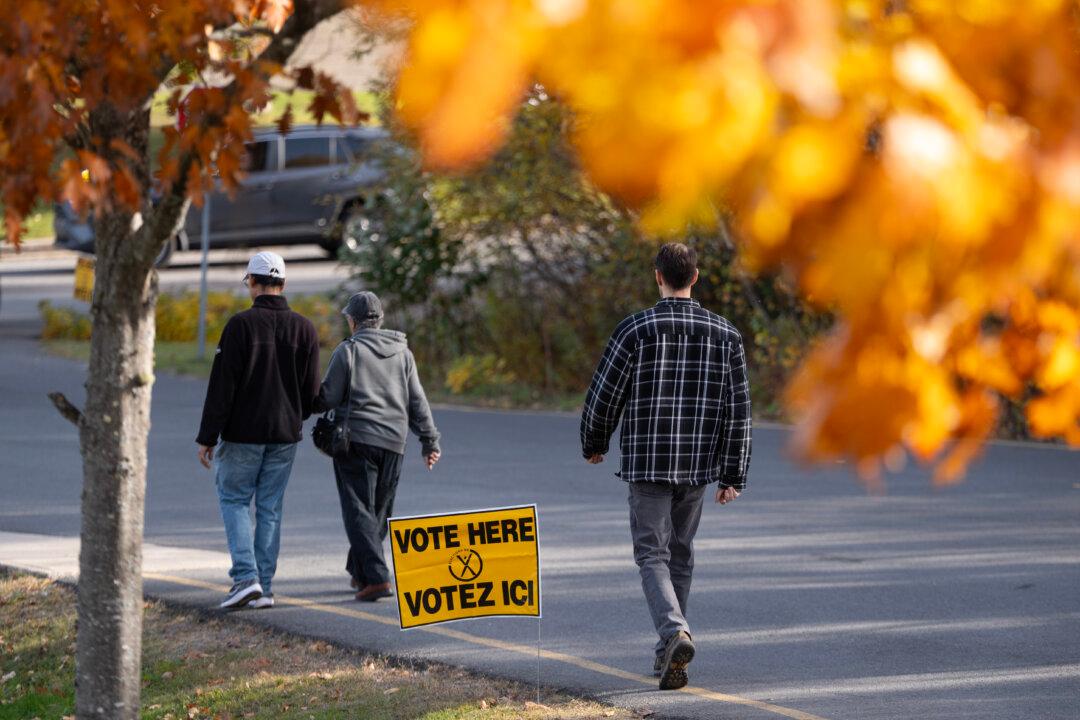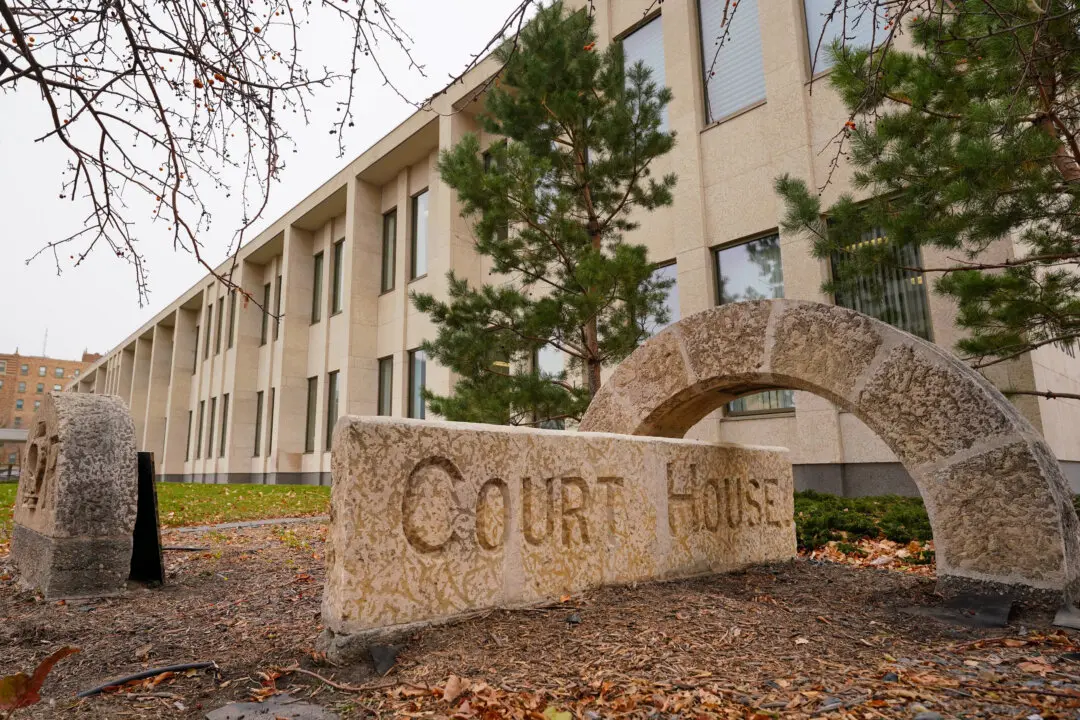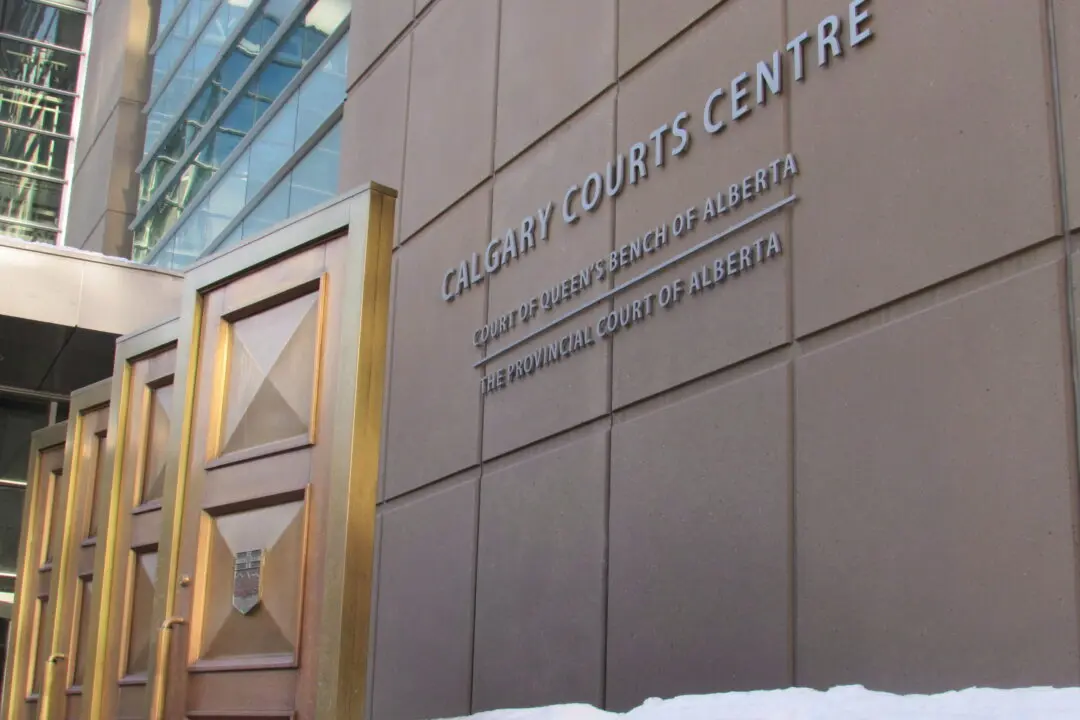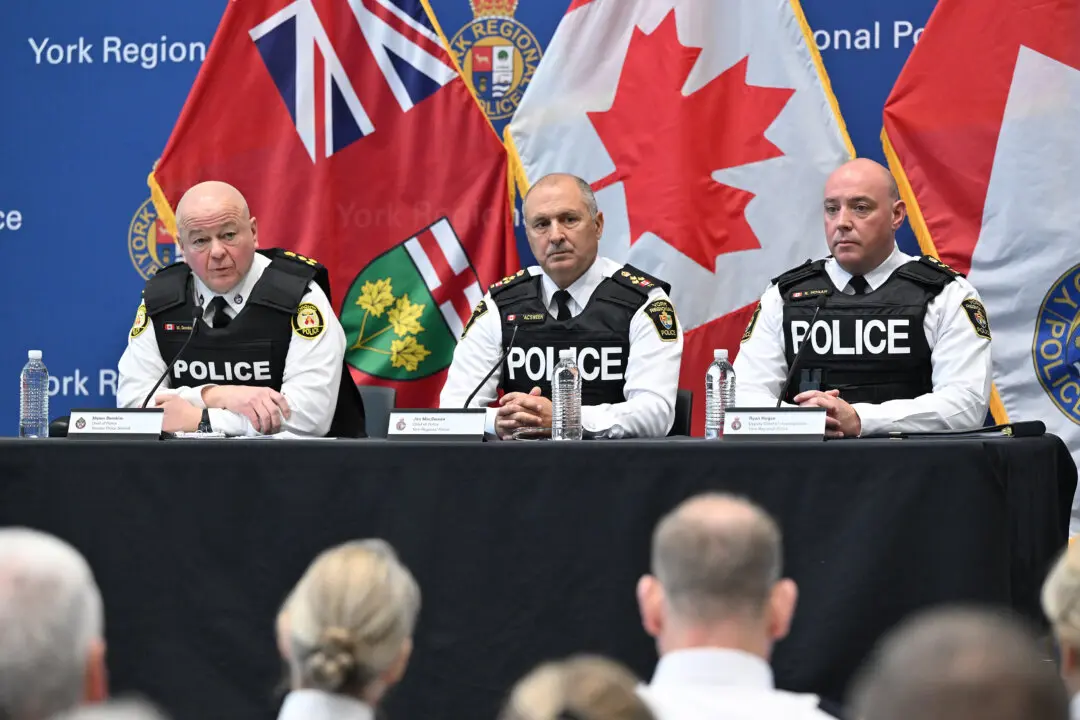Three provincial elections in Canada this month brought a new majority Liberal government to New Brunswick, a fifth consecutive majority government for the Saskatchewan Party, and a razor-thin victory for the BC NDP.
Although those were the only fixed elections scheduled for this fall, there will now be one more vote before the new year. Nova Scotians will head to the polls next month after a snap election call this week by Conservative Premier Tim Houston.






